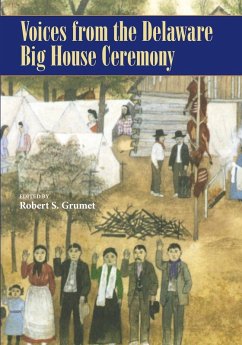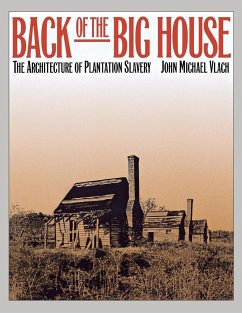In the midst of calls for the removal of Confederate monuments across the South, tens of thousands of museums, buildings, and other historical sites currently comprise a tourist infrastructure of the southern heritage industry. Louisiana, one of the most prominent and frequently visited states that benefit from this tourism, has more than sixty heritage sites housed in former slave plantations. These sites contain the remains, restorations, reconstructions, and replicas of antebellum slave cabins and slave quarters. In the Shadows of the Big House: Twenty-First-Century Antebellum Slave Cabins and Heritage Tourism in Louisiana is the first book to tackle the role, treatment, and representation of slave cabins at plantation museum sites in contemporary heritage tourism. In this volume, author Stephen Small describes and analyzes sixteen twenty-first-century antebellum slave cabins currently located on three plantation museum sites in Natchitoches, Louisiana: Oakland Plantation, Magnolia Plantation Complex, and Melrose Plantation. Small traces the historical trajectory of plantations and slave cabins since the Civil War and explores what representations of slavery and slave cabins in these sites convey about the reconfiguration of the past and the rearticulation of history in the present. Considering such themes as the role of white ethnic identity in representations of elite whites and the extent and significance of Black voices and Black visions of representations of these plantations, Small asks what these sites reveal about social forgetting and social remembering throughout Louisiana and the South. He further explores the ways that gender structures the social organization of current sites and the role and influence of the state in the social organization and representations that prevail today.
Bitte wählen Sie Ihr Anliegen aus.
Rechnungen
Retourenschein anfordern
Bestellstatus
Storno








